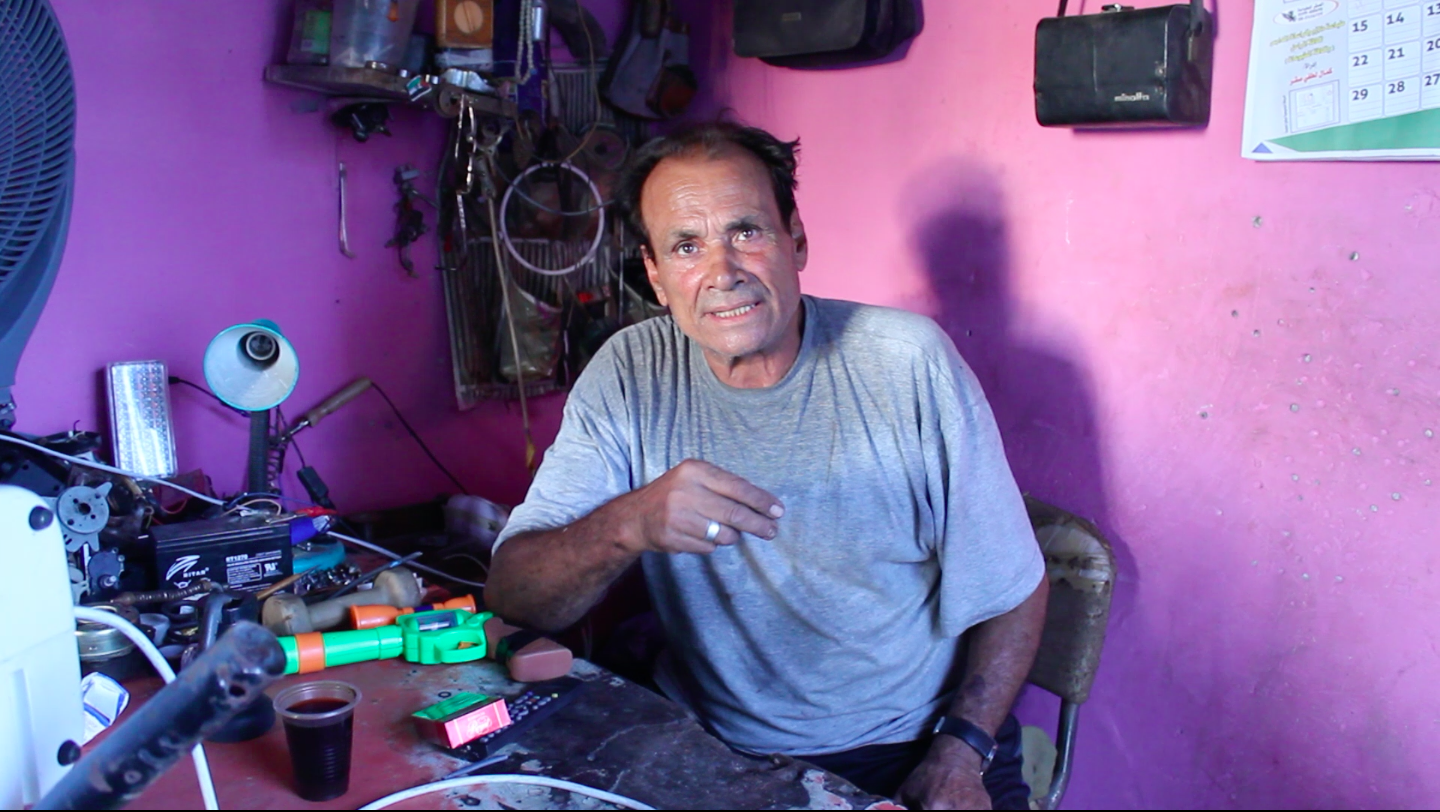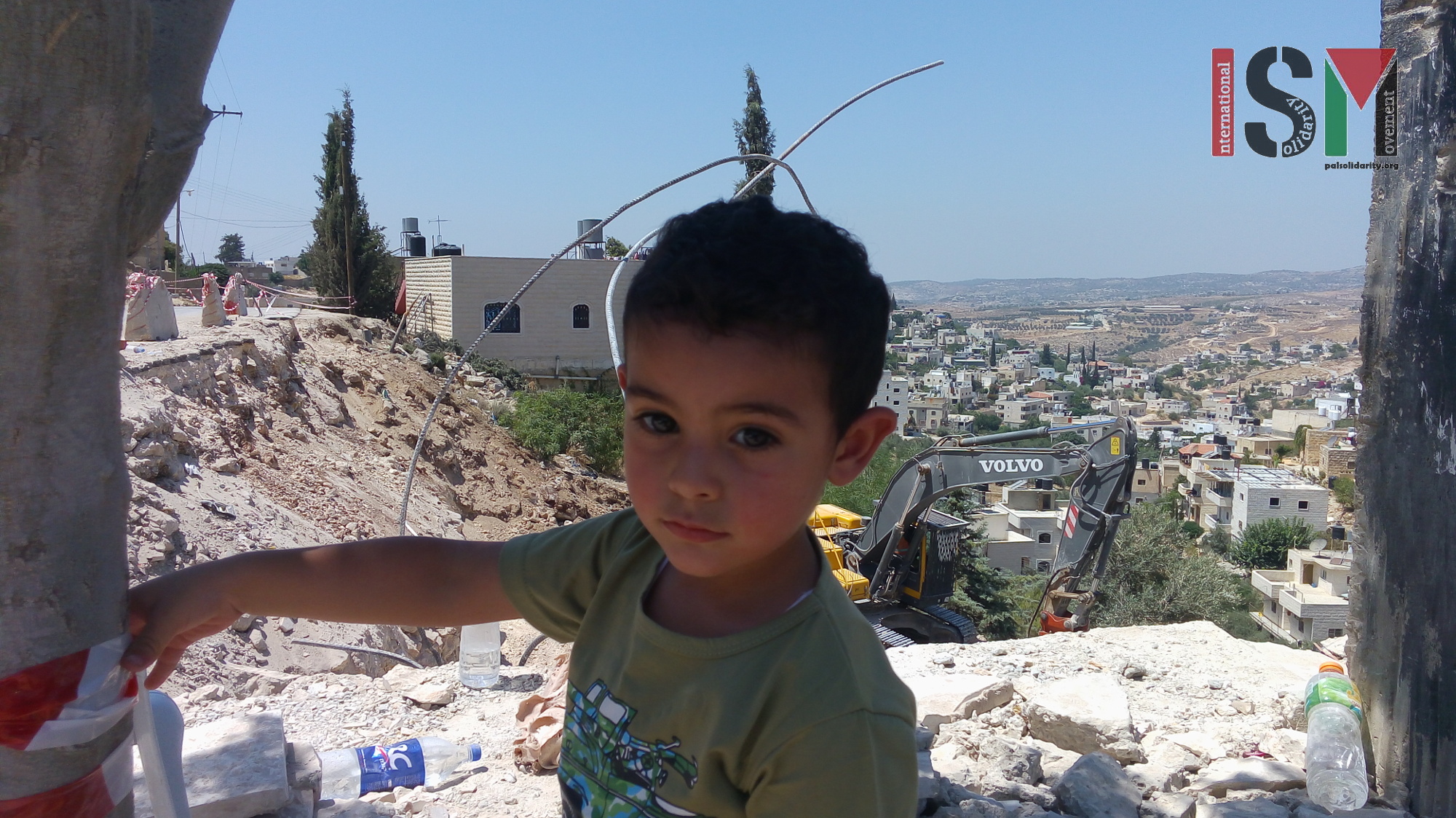Category: Features
-
The Gaza-blockade is causing an end to Gaza’s fresh water resources
7th August 2016 | International Solidarity Movement, Gaza-team | occupied Palestine As every year during the summer, the water shortage in the Gaza Strip is accentuated. At the same time, the energy shortage caused by the blockade prevents engines and water pumps from pushing it from wells and tanks to houses and farming fields. The…
-
“Then the missiles started” – Destruction of three storey building in Surif leaves three families without a home
2nd August 2016 | International Solidarity Movement, Khalil team | Surif, occupied Palestine At 10:30pm on the 26th of July the Israeli military entered the town of Surif, near Hebron, blocking all entrances and surrounding one house with tanks,bulldozers and dozens of soldiers. Surif was declared a closed military zone and electricity was cut out…
-
Israeli forces hunt for Palestinian children in Hebron market
1st August 2016 | International Solidarity Movement, al-Khalil team | Hebron, occupied Palestine On Sunday, 31st July 2016, Israeli forces in the Old City souq, the Palestinian market, of occupied al-Khalil (Hebron), were searching for a group of three Palestinian boys. Claiming they were throwing stones, Israeli forces were searching for them in order to…



